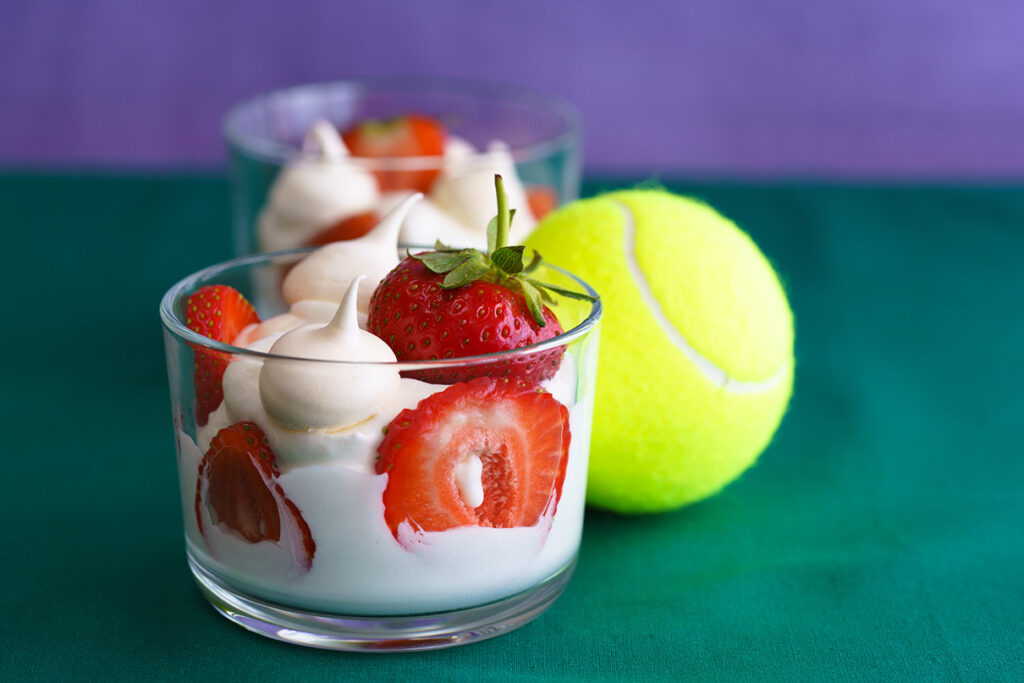The tradition of enjoying strawberries and cream at the Wimbledon tennis championships dates back to the late 19th century and has since become an iconic part of the event. Today 1.92 million strawberries, or rather 140,000 punnets, are consumed during the tournament, along with 7,000 litres (1,850 gallons) of cream.
Agri-tech innovators, Fischer Farms, have revealed that trials of vertically farmed strawberries and soft fruits are now underway at their dedicated research and development farm in Litchfield, UK.
The team at Fischer Farms has been cultivating a number of soft fruit crops in a biosecure, controlled environment, as part of their three-phase plan to feed the world with nutritious foods.
Using the very latest vertical farming technology, Fischer Farms are already growing phase one crops – herbs and short, leafy greens – at scale at their vertical farm in Norwich, England.
This technology is now being used to grow phase two crops – soft fruits – at their R&D facility, which will also be used to continue trials of phase three crops, which include calorific staples, such as rice and wheat and protein staples, such as peas and soya beans.
With ever-more pressure mounting on traditional British farmers, the conventional farming community and UK food supply chain needs to start looking towards vertical farming innovation to offer the solutions to longstanding issues such as shortages of seasonal labour, climate constraints and water limitations.
Vertical farming can deliver British-grown produce all-year-round, with the ability to transform the UK’s food supply chain, bringing stability and resilience to the fresh produce category.
Tristan Fischer, CEO at Fischer Farms commented: “Significant capital investment is needed to get to the point where we can safeguard the supply of all berries served at Wimbledon, but the returns will be significant, leading to the next agricultural revolution, safeguarding global food security.”
In 2022 Fischer Farms announced that progress was well under way at a new vertical farm near Hull intended to grow soft fruit. Its growing tunnels will contain a total of 7,200 trays each measuring 120xm by 330cm. These trays would be stacked six to twelve high depending upon the growth stage of the crop with 33,000 LEDs providing the necessary range of lighting. The biosecure environment will minimise disease risks and also avoid the use of synthetic chemicals such as pesticides, herbicides and insecticides.



